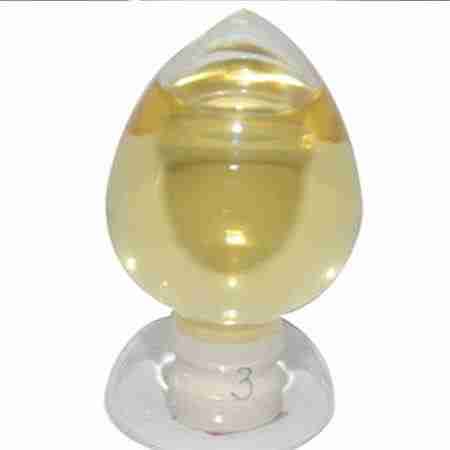Linoleic Acid Typical Properties
Item
Standard
Appearance
Characters
Clear,colorless to slightly yellow liquid oil With characteristic taste and odor without foul-smelling of rancidity
Color
R<1 Y<10
Fatty Acid Composition by GC,rel.area%
Palmitic acid
<9.0%
Stearic acid
<4.0%
Oleic acid
8-20%
Linoleic acid
<3.0%
Total CLA
78.0%-84.0%
C18:2,9c, 11t
>36.0%
C18:2,10t, 12c
>36.0%
Acid Value
195.0-204.0mgKOH/g
Peroxide Value
≦5.0meq/kg
Saponification
195-204mgKOH/g
Iodine Value
>115.0gI2/100g
Unsaponifiable Matters
<1.0%
Lead
≦0.1mg/kg
Arsenic
≦0.1mg/kg
Aflatoxin,aflatoxin B1
≦10μg/kg
Benzo(a)pyrene
≦10μg/kg
What is LinoleicAcid?
Linoleic Acid is a group of geometric isomers and position isomers of conjugated linoleic acid. It is a unity of conjugated dienoic acid and is a natural ingredient in food. Conjugated linoleic acid is mainly found in ruminant fat and cow milk, and is believed to be produced by the metabolism of linoleic acid by microorganisms in the rumen of ruminants.
Linoleic Acid Usage
Conjugated linoleic acid has many important biological functions, such as
1) Anti-cancer effect
2) Anti-atherosclerosis
3) Enhance the body’s immunity
4) Improve meat quality
5) Participate in lipolysis and metabolism
6) Improve bone tissue metabolism
7) Anti-mildew effect
In the United States, conjugated linoleic acid has been sold as a food supplement, and it is one of the popular supplements recommended by the American Food Association.
China approved conjugated linoleic acid for the production of health foods for weight loss, blood lipid regulation and immune regulation.
Linoleic Acid Packing and Shipping
180kg/drum
Linoleic Acid Storage
1.Stored in cool place
2.Keep container tightly closed in a dry and well-ventilated place.






